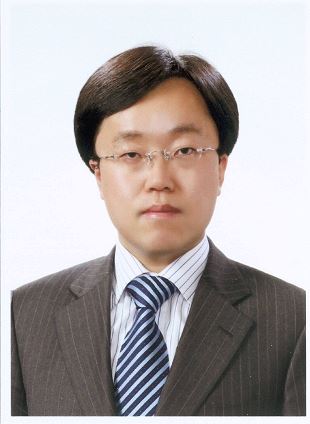 Ho-Mu Lee, Ph.D.
Ho-Mu Lee, Ph.D.
Research Fellow
Gas Policy Research Division
Korea Energy Economics Institute
Please note your affiliation and years of experience in the energy and/or environmental field.
I joined Korea Energy Economics Institute (KEEI) in 2008. KEEI is a government-affiliated energy policy think tank and has played a key role in the development of the Korean energy sector for more than 40 years. I am currently a visiting scholar at George Washington University. I was the head of the Gas Policy Research Division of KEEI (2014-2017) and a full-time member of the Korean delegation to UN climate change negotiations (2010-2014).
Any achievement or interest in the energy/environment space you would like to mention?
The Korean domestic gas market is still under tight regulation, even though its deregulation has been debated for more than 25 years. Korea is almost 100% dependent on foreign gas (solely in the form of LNG), which keeps us concerned about supply security. A more flexible and liquid international LNG market, largely facilitated by US LNG, has rekindled our interest in loosening the government’s grip on our gas market. Presentations and discussions in the circle of NCAC members help me understand how a deregulated gas market may function and how US LNG will lead the change of the global gas market.
In your opinion, what are the important issues facing the energy industry nowadays?
It is certain that we will burn less fossil fuel and use more low- and zero-carbon energy sources, but few of us are certain how fast that transition will be. I think our ability to predict the pace will have huge implications for whether the transition will be smooth or rough, and how much it will cost us. For example, if it is much faster than many of us presume, investors will get more hesitant about putting their money into even indispensable large-scale fossil-fuel projects, destabilizing global energy supply. I am afraid that costs of the transition could be high to my country, Korea, because of our energy-intensive industries, so we must pay more attention to sensing the pace and getting resilient to any change of that pace.
How long have you been a member of NCAC? Any NCAC memory you would like to share with us?
This is my second year with NCAC. I am still very grateful to those who invited me to NCAC. Personally, this year’s technical tour to Morgantown, West Virginia is the most memorable. I learned a lot, interacted a lot and enjoyed a lot. Especially, the insightful discussion at Longview Power Plant and the wonderful dinner in an Italian restaurant were unforgettable.